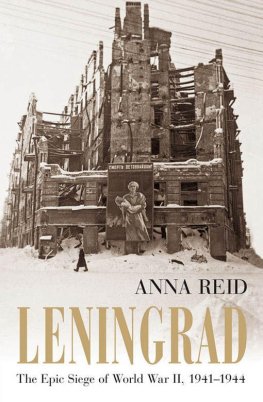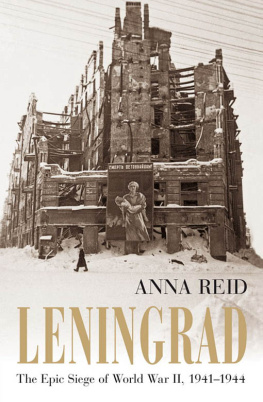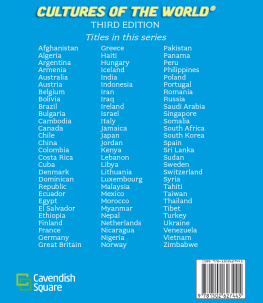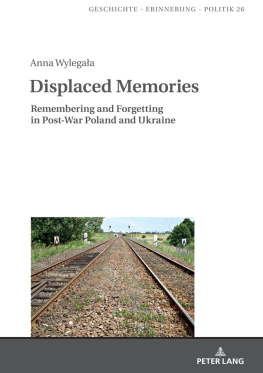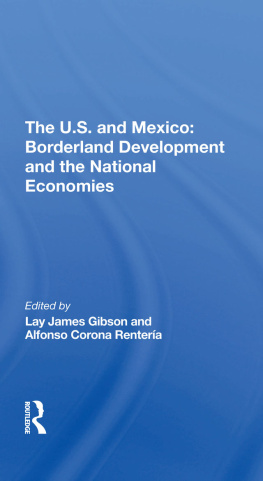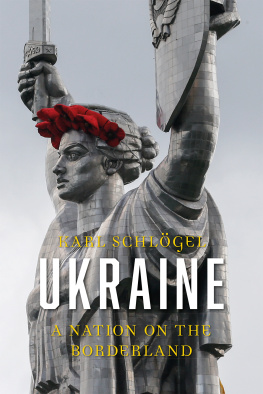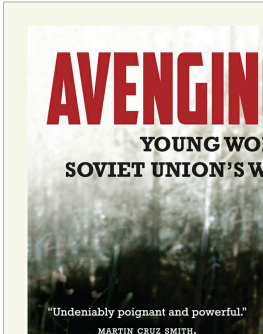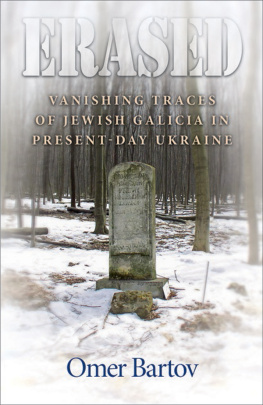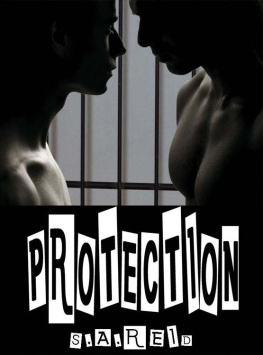

Copyright 1997, 2015 by Anna Reid
Published by Basic Books,
A Member of the Perseus Books Group
All rights reserved. Printed in the United States of America. No part of this book may be reproduced in any manner whatsoever without written permission except in the case of brief quotations embodied in critical articles and reviews. For information, address Basic Books, 250 West 57th Street, 15th Floor, New York, NY 10107.
Books published by Basic Books are available at special discounts for bulk purchases in the United States by corporations, institutions, and other organizations. For more information, please contact the Special Markets Department at the Perseus Books Group, 2300 Chestnut Street, Suite 200, Philadelphia, PA 19103, or call (800) 810-4145, ext. 5000, or e-mail .
A catalog record for this book is available from the Library of Congress.
LCCN: 2015938031
ISBN: 978-0-465-09878-1 (e-book)
First published in Great Britain in 1997 by Weidenfeld & Nicolson
10 9 8 7 6 5 4 3 2 1
FOR CHARLES

 CONTENTS
CONTENTS 



Many people contributed to both editions of this book. On the first, especial thanks to Sergey Maksimov, Svetlana Rusnak, and Sasha and Tanya Sparinsky for their help and friendship in Kiev; to Yulya Khoroshilova, Roma Ihnatowycz, Vlada Tkach and Roman Waschuk for encouragement and ideas; to Professor Timothy Colton, Dr Peter Duncan, Prince Jezzar Giray, Dr Lubomyr Hajda, Simon Hemans, Professor Geoffrey Hosking, Dr Daniel Kaufmann, Professor John Le-Donne, Professor Richard Pipes, Professor Roman Szporluk, Professor Adam Ulam and Dr Andrew Wilson for illuminating interviews; to Jonathan Ford, for his ruthless and invaluable critique of the manuscript; to Chiara Clothier, Julian Ellison, Jean de Sola Pool and Chris and Annabel Wrenn for putting me up; and to the patient staffs of the School of Slavonic and East European Studies library, the London Library and the British Library. Thanks too to Peter Robinson of Curtis Brown and Rebecca Wilson of Weidenfeld & Nicolson, without whose enthusiastic support this book would not have been written, and lastly to my mother and stepfather, Sara and Sandy Milne, and husband Charles, who bore my obsession with Ukraine with fortitude.
Writing of this new edition, I was fortunate to be able to pick the wise and well-stocked brains of Duncan Allen, Robert Brinkley, Laurence Broyd, Robert and Larissa Homans, Marta Kolomayets, Andriy Kyrchiv, Yuri Lukanov, Ihor Olekhov, Nick Piazza, Roland Smith and Andrei Terekhov. My grateful thanks to all of them.
In the Donbass, Lyudmila Bortok of Donbass TV, Sergei Garmash of the online paper ostrov.org, Professors Vladimir Kirpen and Ihor Todorov of Donetsk University, Dr Serhiy Telizhenko of Luhansk University, and Katerina Zhemchuzhnykova of ngo.donetsk.ua were kind enough to give me interviews. Since then, they have all become refugees. So has the Crimean Tatar leader Mustafa Dzhemilev, who it was an honour to meet again. Thanks for organisational help go to Katerina Malofeyeva and Viktoria Moroz, and especially to Vladimir Podmogilny.
In Lviv, Ben Kern and Mariana Kuchlevska of the Gesellschaft fr Internationale Zusammenarbeit, Andriy Kyrchiv, Mariana Savka and Kateryna Mikhalitsyna of the Old Lion Publishing House, Bohdan Shumylovych of the Center for Urban History, Olga Sivak of Citadel Capital and Olha Zarichynska of the Ukrainian Catholic University all helped me to rediscover their beautiful city. Vika Sibir looked after me in her equally lovely Odessa, and Oksana Parafeniuk set up trips to Slovyansk and Dnipropetrovsk.
Yuliya Andrusiv, Antony Beevor, Peter Bejger, Marina Denysenko, Jim Donnet, Andrew Hunder, John Peet, Kate Smith and Noah Sneider were all generous with contacts and advice. The Eurasia Circle, run by Edward Salazar, has been a rich source of ideas and information, as have a series of emails written by Robert Homans from Kiev throughout the recent crisis. Lastly, thank you as ever to Sasha and Sveta Sparinksy for their unfailing kindness and hospitality.
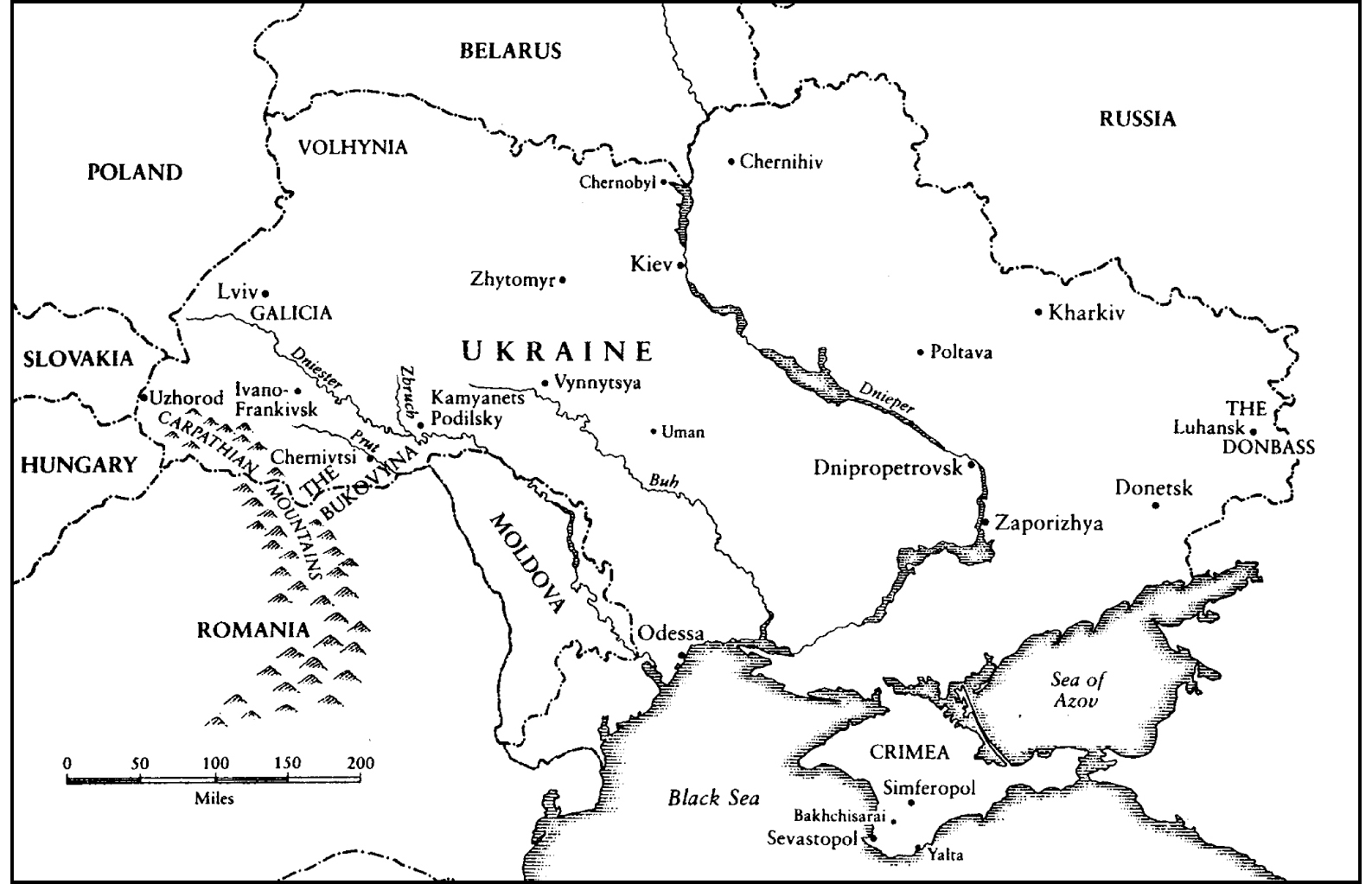

 NOTE ON PLACE-NAMES
NOTE ON PLACE-NAMES 

Place-names are a touchy issue. For simplicitys sake, I have used Ukrainian names for all towns and cities, including those in Russian-speaking areas, except where an established English-language version exists. Hence Kharkiv rather than Kharkov, Dnieper rather than Dnipro. For any surviving inconsistencies in transliteration, I beg the readers forgiveness.


Mid 800s Scandinavians establish a trade-route along the Dnieper.
Prince Volodymyr baptised in Chersonesus.
1037 Santa Sofia Cathedral completed.
1240 Mongol army under Batu Khan captures Kiev.
1362 Lithuanian army under Grand Duke Algirdas captures Kiev.
1363 Lithuanian victory over the Mongols at the Battle of Blue Waters.
1386 Grand Duke Iogaila of Lithuania marries Queen Jadwiga of Poland, and is crowned Polish King.
Early 1400s First Cossack outposts established.
1553 Zaporozhian Sich founded.
1569 Union of Lublin creates the Polish-Lithuanian Commonwealth.
1596 Union of Brest creates the Uniate church.
1648 Khmelnystky Rebellion begins.
1654 Treaty of Pereyaslav. Khmelnytsky accepts Russian protection.
165786 The Ruin. War between Russia, Poland, Turks and Cossacks for control of Ukraine.
1686 Eternal Peace between Russia and Poland hands Kiev and Cossack lands east of the Dnieper over to Russian rule.
1687 Mazeppa appointed Hetman of Russian-ruled Ukraine.
1708 Swedish army under Charles XII enters Ukraine. Mazeppa declares support for Charles.
1709 Battle of Poltava. Swedes and Cossacks defeated by Peter the Great.
1773 First partition of Poland. Galicia comes under Austrian rule.
1774 Treaty of Kuchuk Kainarji ends the Russo-Ottoman war.
1775 Catherine the Great destroys the Zaporozhian Sich.
1781 Catherine dissolves the Hetmanate.
1783 Catherine annexes Crimea.
1795 Third and final partition of Poland.
183031 Polish rising.
1840 Shevchenkos Kobzar published.
1847 Shevchenko arrested and exiled.
1848 Springtime of Nations. Polish risings in Cracow and Lviv. Ukrainians Supreme Ruthenian Council declares loyalty to the Hapsburgs.
Next page

